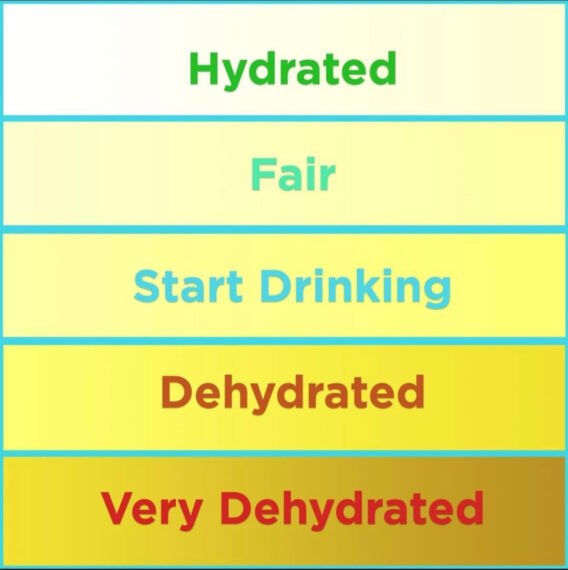Tips to Take Control of Cravings
Why do we eat when we’re not hungry, and how can we break the cycle of overeating?
Here are my Top Tips to rewire your habits.
1 - Listen to Your Body
Did you know it takes about 20 minutes for your brain to signal whether you’re full or still hungry? This delay can lead to overeating if you're not mindful, especially if you tend to eat quickly. Try these steps to pace yourself and tune in to your body's natural signals:
Eat Slowly: Take smaller bites and savor each one. Put down your utensils between bites, or enjoy a sip of water. Or my favorite strategy: use chopstick for all your meals!
Pause and Reflect: After eating for about 20 minutes, stop and ask yourself: Am I comfortably full? If yes, consider stopping even if there's still food on your plate.
Pro Tip: Eating mindfully not only helps control portion sizes, but also makes the dining experience more enjoyable and satisfying.
2 - Avoid the Pre-Meal “Starve and Binge” Cycle
Many of us cut back on food earlier in the day if we know a big dinner or treat is coming. But skipping meals can set you up for poor food choices and overeating. Here’s why:
Consistency is Key: Your body thrives on regular nourishment, and drastic swings in food intake can throw off your natural hunger signals.
Stay Fueled Throughout the Day: Eating regular, balanced meals helps maintain stable energy and keeps cravings in check.
Avoid Food Deprivation: Extreme hunger often leads to eating too quickly or indulging in high-calorie, low-nutrient foods.
Pro Tip: Rather than skipping meals, consider smaller, nutritious snacks leading up to a special meal. You'll enjoy it more without feeling ravenous.
3 - Stay Hydrated and Differentiate Thirst from Hunger
It’s common to mistake thirst for hunger, which can lead to unnecessary snacking. Keeping hydrated is essential for managing true hunger and maintaining energy levels.
Hydration Habits: Make it a goal to sip water or an electrolyte-rich drink throughout the day.
Check Thirst First: Before reaching for a snack, have a glass of water and see if that satisfies you.
Pro Tip: Carry a reusable water bottle to help remind yourself to stay hydrated. Try adding a slice of lemon or cucumber for a refreshing twist!
4 - Plan Ahead When Dining Out
Eating out can be a challenge when you’re trying to make mindful food choices. Pre-planning your meal helps eliminate some of the pressure and prevents impulse decisions.
Research the Menu: Check the restaurant’s menu online beforehand. Decide on a balanced meal that you’ll enjoy and that will meet your hunger needs. I often stick with ordering a few sides or healthy appetizers rather than an entree: more diversity, and smaller portions!
Stick to Your Plan: When you arrive, order what you’ve pre-selected and avoid glancing back at the menu for temptations.
Pro Tip: Knowing what you’ll order ahead of time can reduce the time you spend making a choice, so you can focus on enjoying your company and the dining experience.
5 - Don’t Overlook the Power of Sleep
Sleep is just as essential as food and water when it comes to managing hunger and cravings. Poor sleep disrupts the balance of ghrelin and leptin—the hormones responsible for hunger and fullness.
Hormonal Impact: Ghrelin levels rise with sleep deprivation, increasing hunger. Meanwhile, leptin decreases, making it harder to feel satisfied after eating.
Craving High-Energy Foods: Lack of sleep often leads to cravings for high-sugar or high-fat foods that provide a quick energy boost.
Pro Tip: Aim for 7-8 hours of quality sleep per night. Create a bedtime routine that promotes relaxation, like reading a book, reducing screen time, or practicing deep breathing.
Enjoy but be Mindful….
Mastering your hunger and cravings doesn’t require drastic diets or deprivation. It’s about developing a balanced relationship with food by listening to your body, staying hydrated, and making mindful decisions. With a little planning and awareness, you can keep your cravings in check and maintain steady energy throughout your day.





